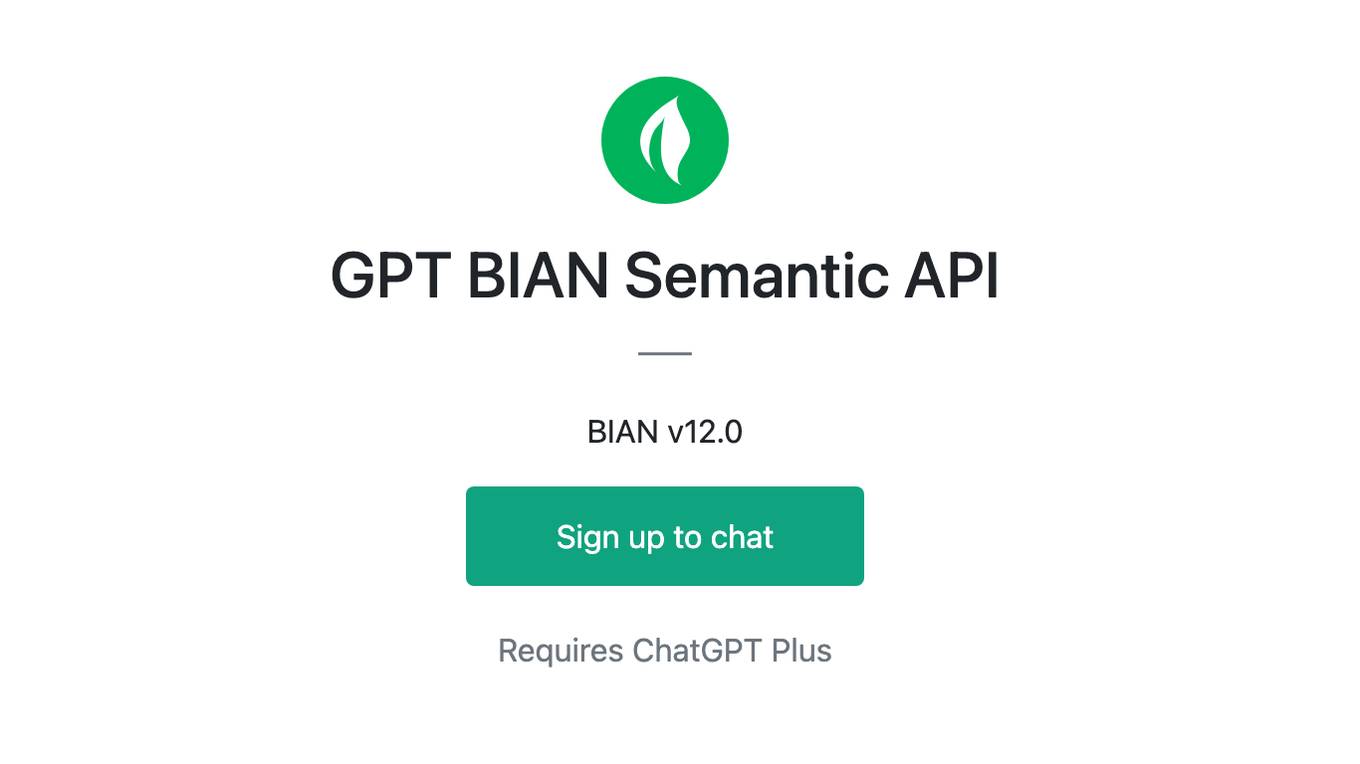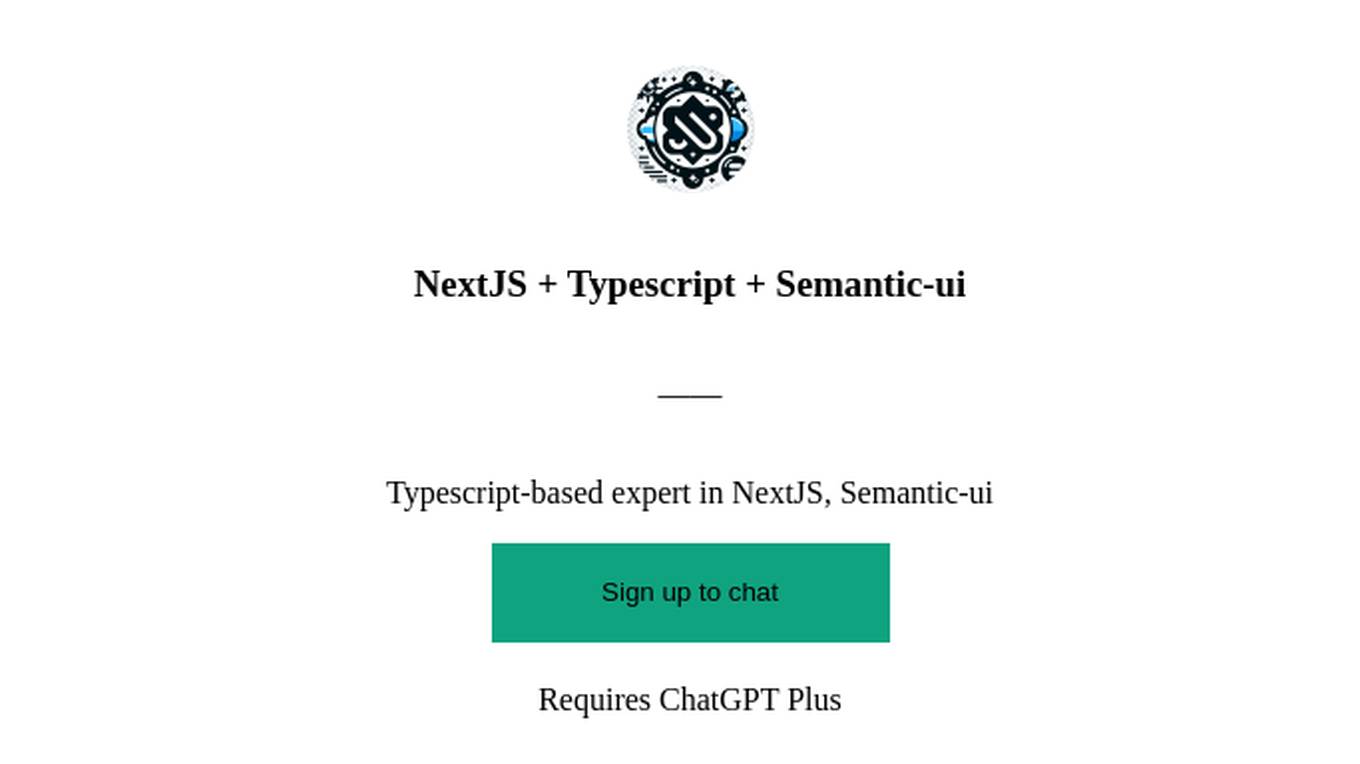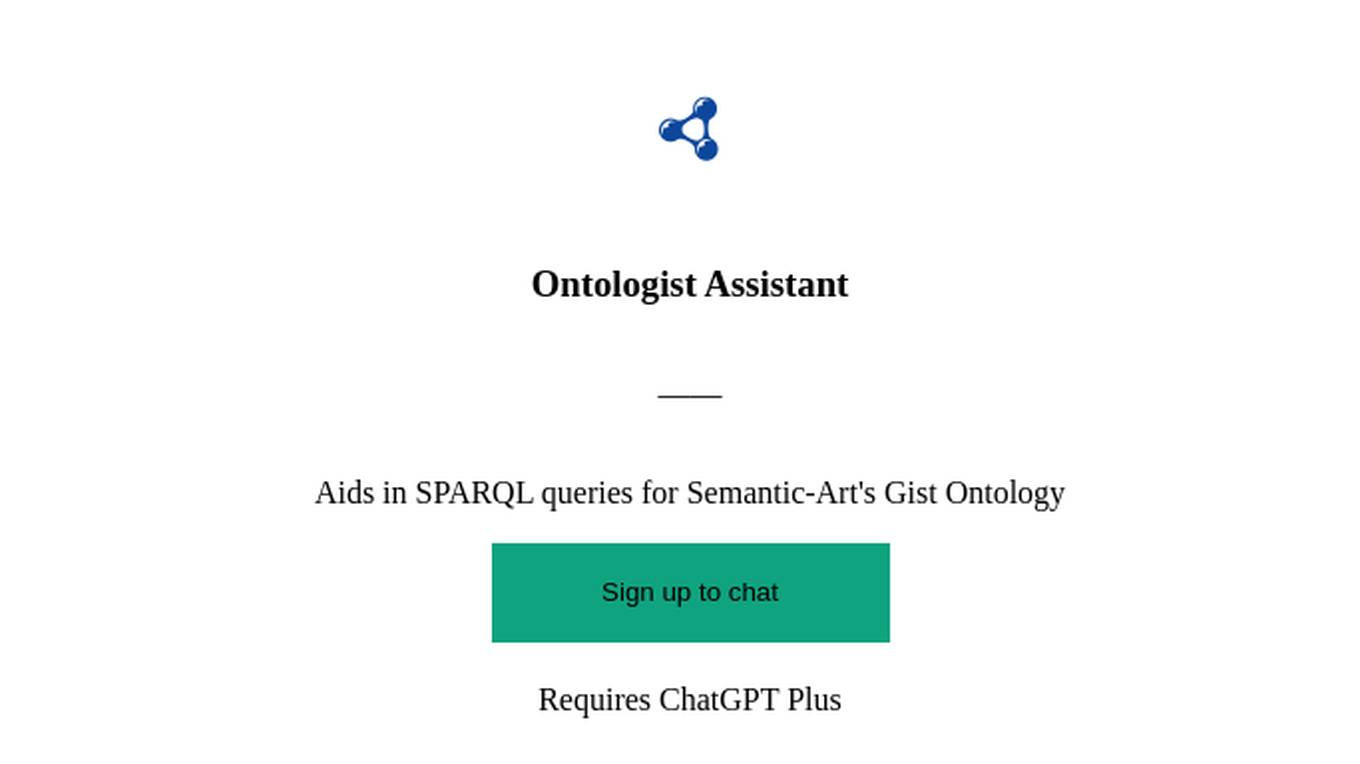Best AI tools for< Semantic Search >
20 - AI tool Sites

Biblos Semantic Bible Search & Summary
Biblos Semantic Bible Search & Summary is an AI-powered tool designed to provide a powerful Bible search experience. It offers semantic search capabilities and a powerful understanding model to enhance the user's exploration of the Bible. The tool allows users to search and summarize content from both the Old Testament and the New Testament, providing lightning-fast search results for a seamless user experience.
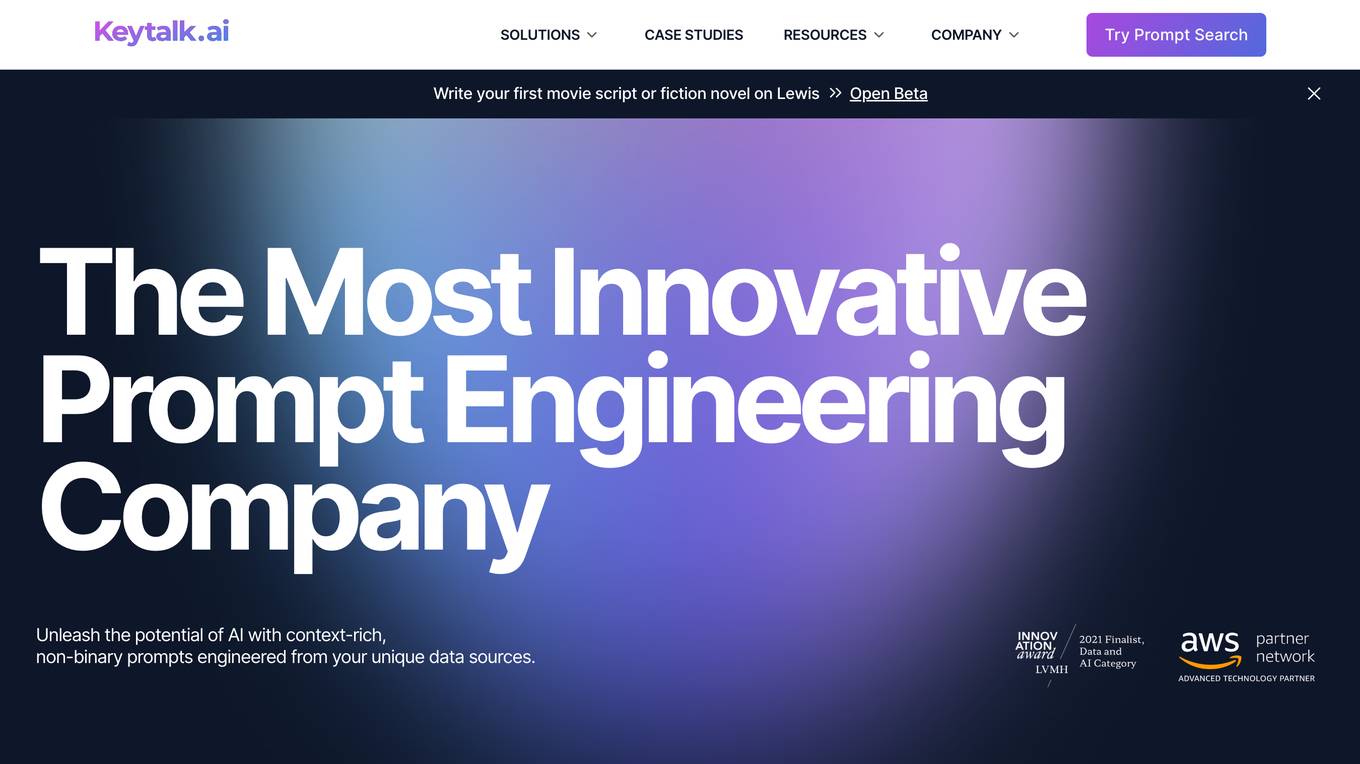
Keytalk AI
Keytalk AI is a company that specializes in prompt engineering, which is the process of creating prompts that can be used to generate text, images, and other types of content using artificial intelligence (AI) models. Keytalk AI's mission is to make AI more accessible and user-friendly by providing tools and resources that make it easy for people to create and use AI-generated content. The company's flagship product is Keytalk Prompts, a library of pre-written prompts that can be used to generate content on a variety of topics. Keytalk AI also offers a range of other services, including consulting, training, and support.
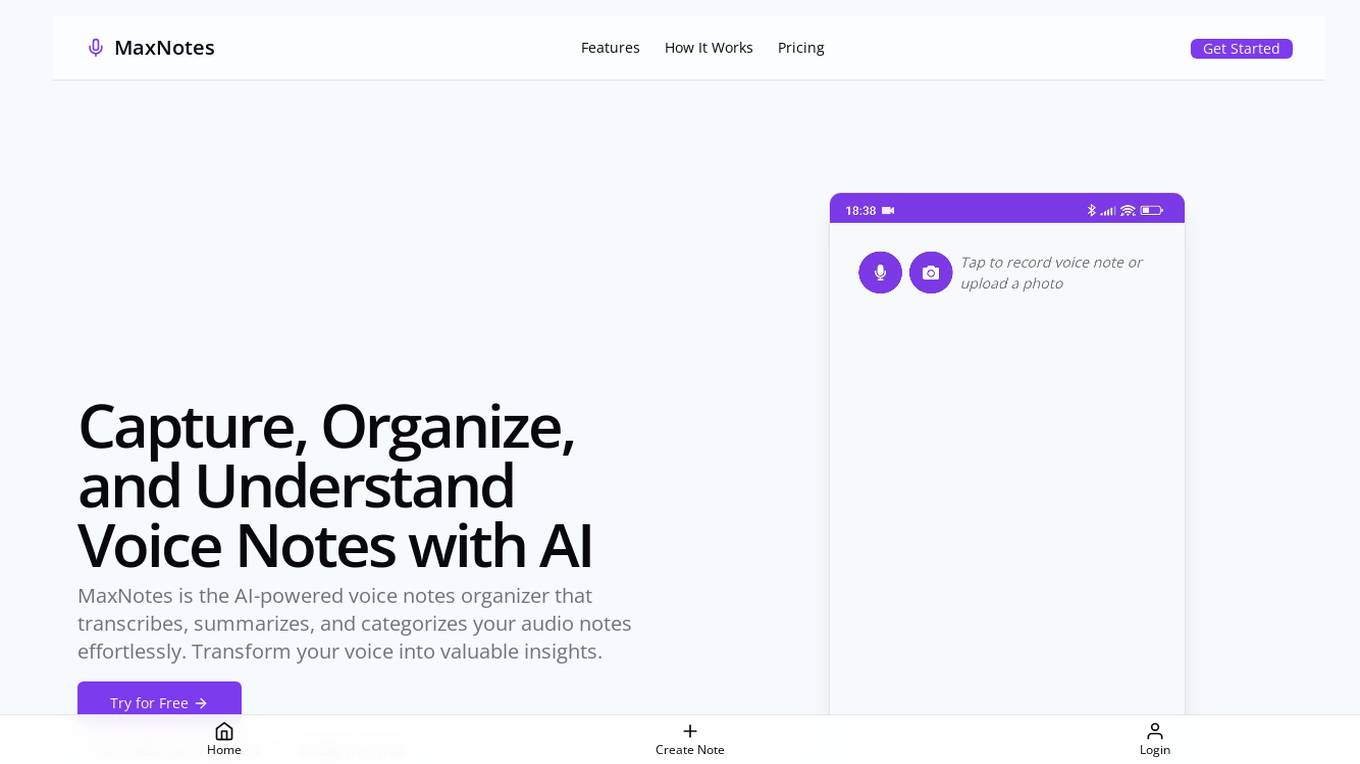
MaxNotes
MaxNotes is an AI voice notes organizer application that helps users efficiently manage and organize their voice notes using artificial intelligence technology. The application allows users to easily record, transcribe, categorize, and search through their voice notes, making it a convenient tool for individuals who rely on voice memos for productivity and organization. With MaxNotes, users can streamline their note-taking process and access important information quickly and effortlessly.
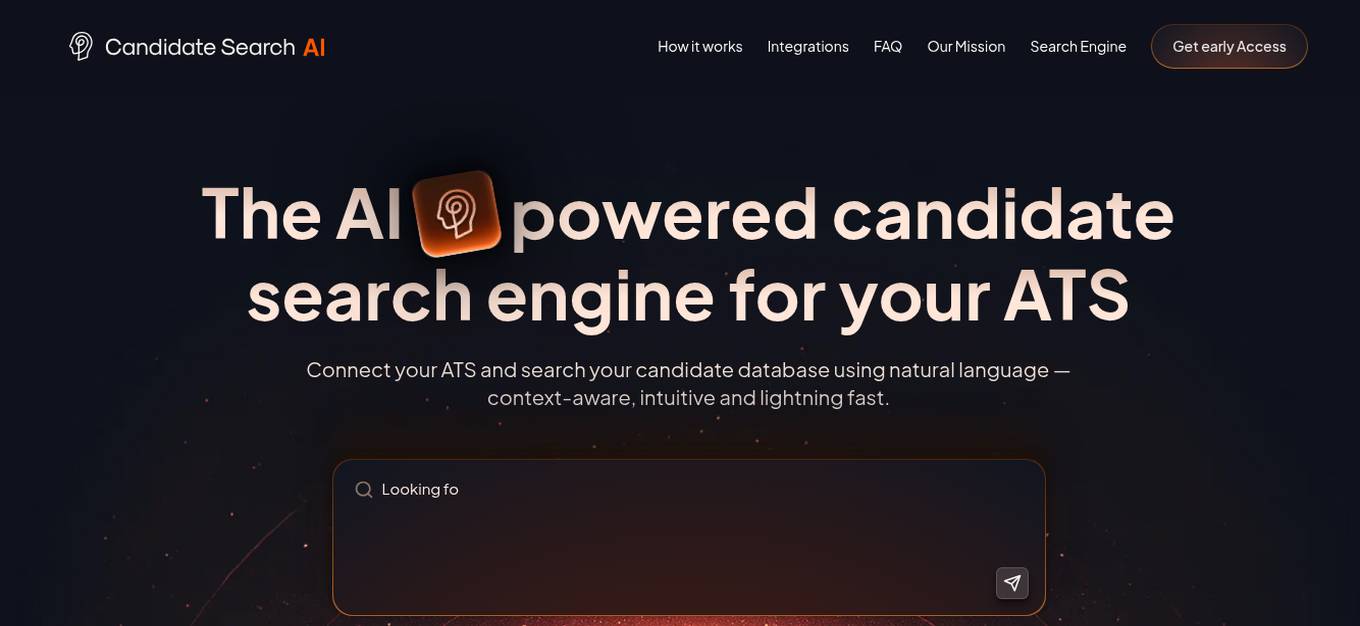
Candidate Search AI
The AI powered candidate search engine is a sophisticated tool designed to revolutionize the recruitment process by enabling recruiters to search their candidate database using natural language, context-aware, and lightning fast technology. It goes beyond traditional keyword-based search, offering semantic understanding, AI-driven candidate evaluation, and workflow automation to streamline the recruiting process. The tool also provides rich candidate profiles, skill highlights, and smart alerts for efficient talent discovery. With powerful analytics and visualizations, recruiters can transform their talent data into actionable intelligence, increasing ROI and reducing sourcing time. The tool ensures data security and privacy with enterprise-grade security features and compliance with data privacy regulations globally.

SmarterFolder
SmarterFolder is an AI-powered tool designed for MacOS that enables users to perform semantic image searches on their local drive. By utilizing AI technology, users can find photos based on descriptions of the content within the images. The tool ensures full privacy as no images are shared or stored externally, providing a secure and efficient way to organize and retrieve photos.
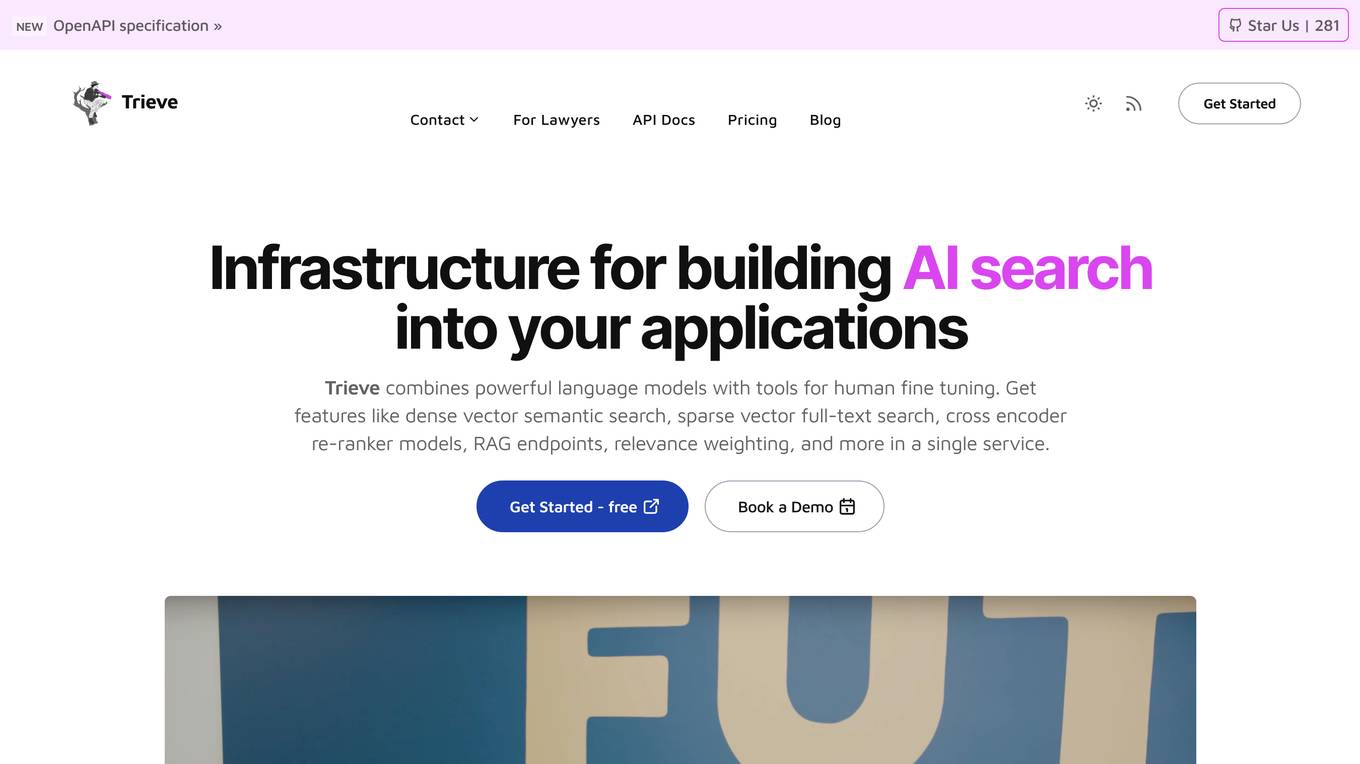
Trieve
Trieve is an AI-first infrastructure API that offers search, recommendations, and RAG capabilities by combining language models with tools for fine-tuning ranking and relevance. It helps companies build unfair competitive advantages through their discovery experiences, powering over 30,000 discovery experiences across various categories. Trieve supports semantic vector search, BM25 & SPLADE full-text search, hybrid search, merchandising & relevance tuning, and sub-sentence highlighting. The platform is built on open-source models, ensuring data privacy, and offers self-hostable options for sensitive data and maximum performance.
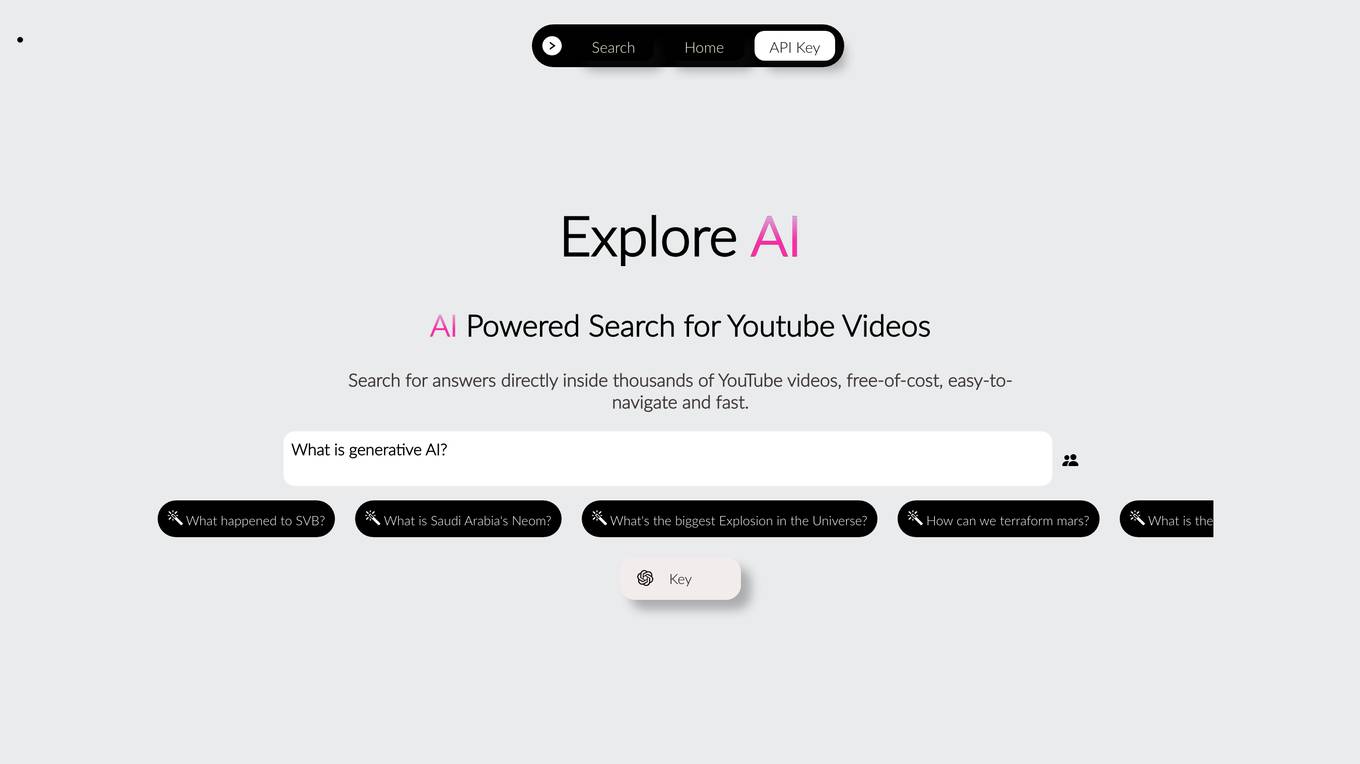
Explore AI
Explore AI is a semantic search engine that utilizes artificial intelligence technology to provide users with advanced search capabilities. The platform allows users to search for information across various channels and sources in a more intelligent and efficient manner. By leveraging AI algorithms, Explore AI offers a unique search experience that goes beyond traditional keyword-based search engines. With its cutting-edge technology, Explore AI aims to revolutionize the way users discover and access information online.
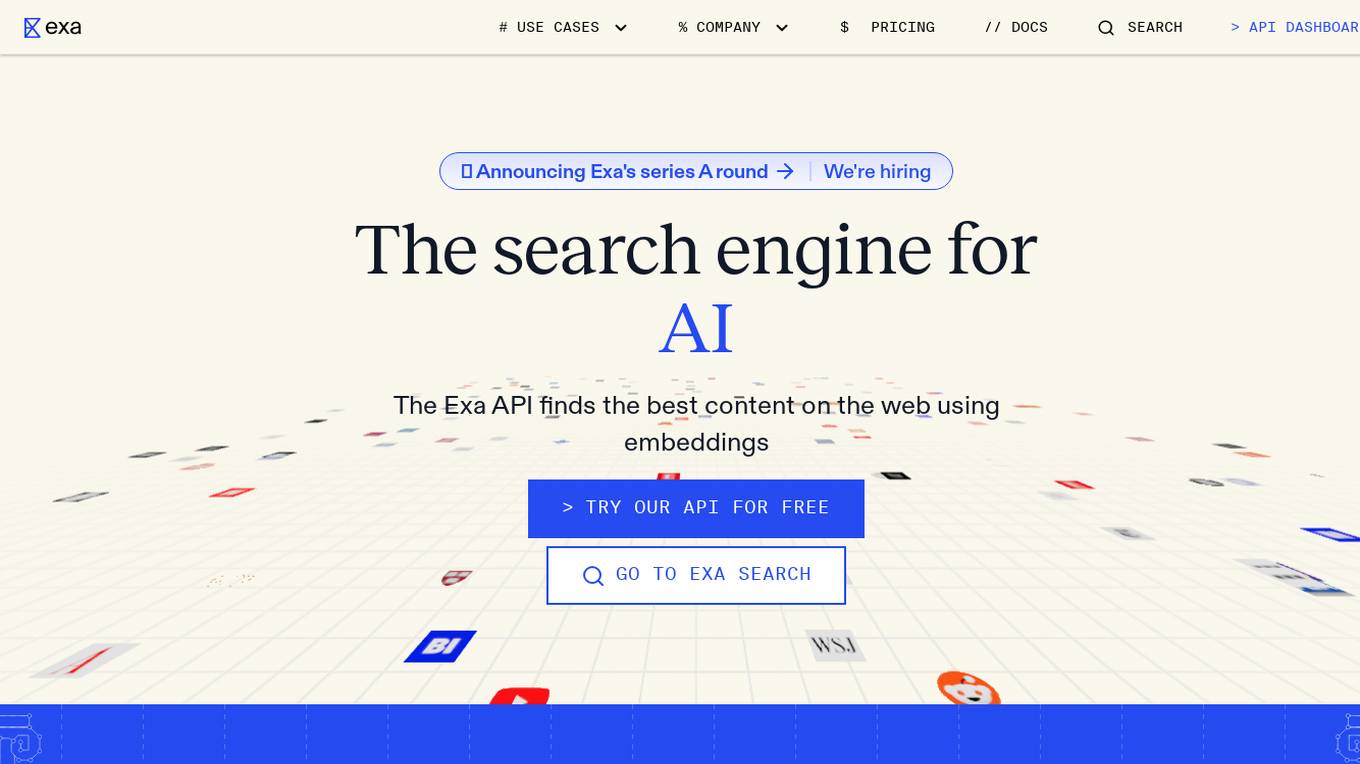
Exa
Exa is a web API designed to provide AI applications with powerful access to the web by organizing and retrieving the best content using embeddings. It offers features like semantic search, similarity search, content scraping, and powerful filters to help developers and companies gather and process data for AI training and analysis. Exa is trusted by thousands of developers and companies for its speed, quality, and ability to provide up-to-date information from various sources on the web.
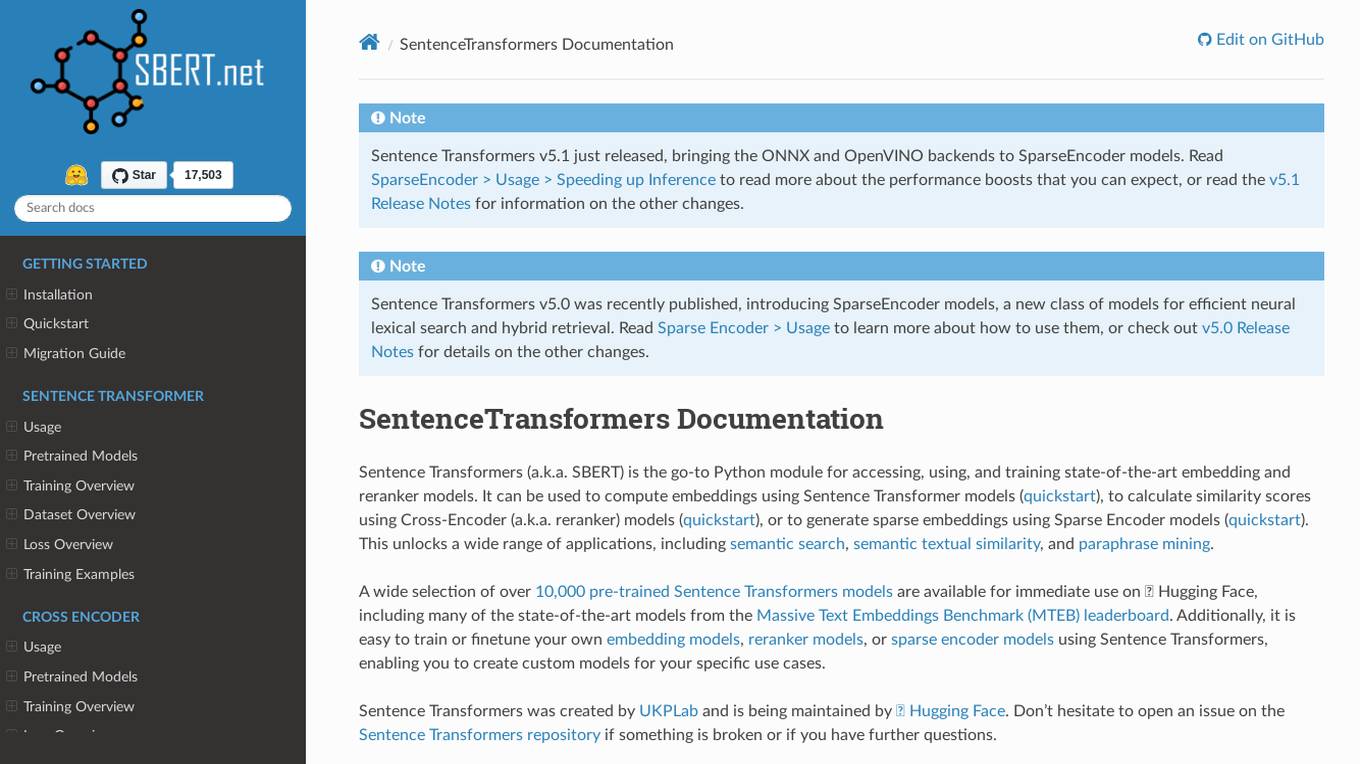
Sentence Transformers
Sentence Transformers is a Python module that provides access to state-of-the-art embedding and reranker models. It allows users to compute embeddings, calculate similarity scores, and generate sparse embeddings for various applications such as semantic search, semantic textual similarity, and paraphrase mining. The module offers a wide selection of pre-trained models and enables users to train or finetune their own models for specific use cases.
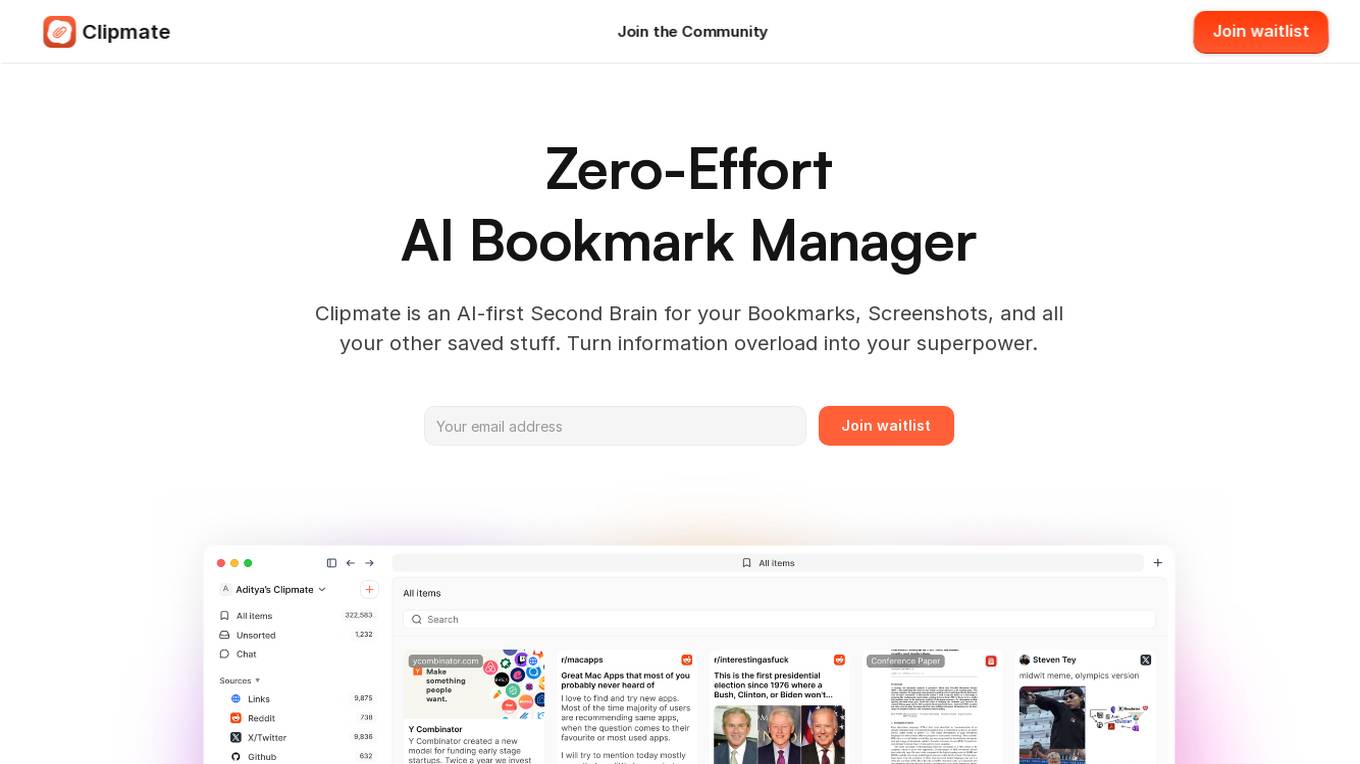
Clipmate AI
Clipmate AI is an AI-first Second Brain for managing bookmarks, screenshots, and various saved content effortlessly. It helps users combat information overload by organizing digital clutter, providing powerful features like automatic sync, semantic search, and auto-categorization. Users can add notes to bookmarks, chat with their bookmarks, and organize content into collections. Clipmate AI is designed for digital hoarders, designers, researchers, developers, marketers, and entrepreneurs to streamline their workflow and stay organized. The application offers multi-platform sync and integration with platforms like Twitter, Reddit, iOS Screenshots, and Spotify.
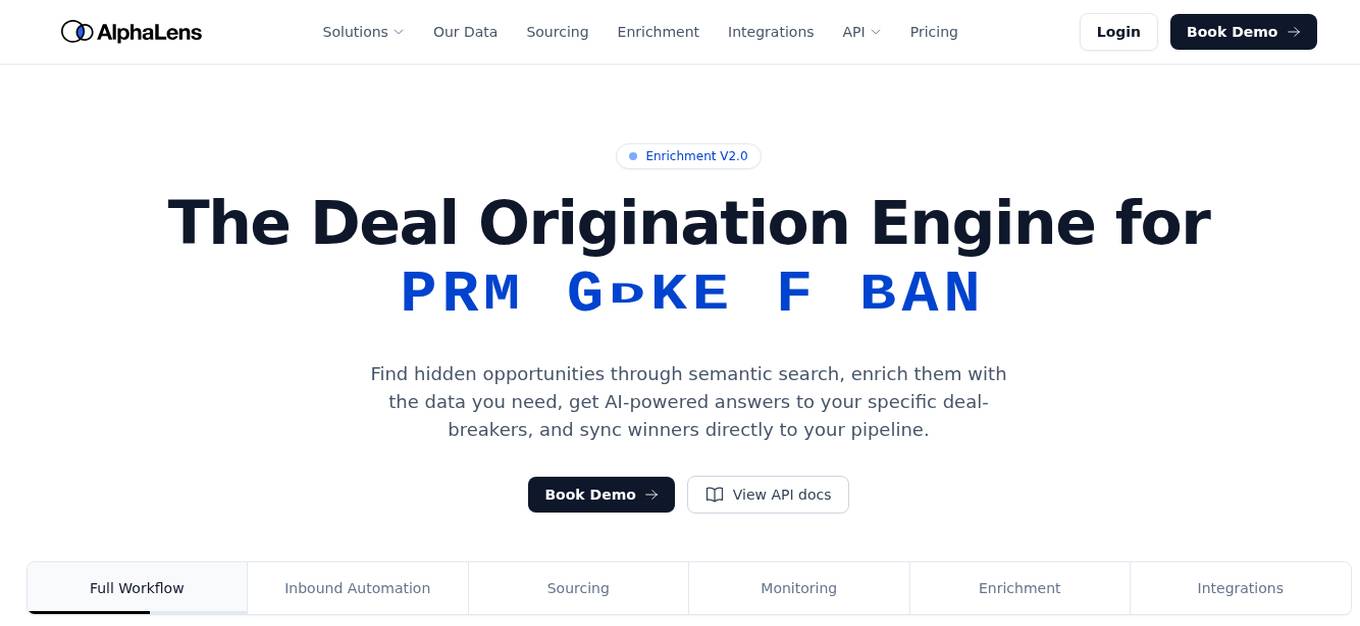
AlphaLens Intelligence Solutions
AlphaLens Intelligence Solutions is an AI-powered platform that offers a comprehensive suite of tools for deal origination, sourcing, enrichment, and CRM integrations. It provides users with the ability to extract data from pitch decks, find and evaluate companies, and enrich company profiles with deep market insights. The platform leverages generative AI, semantic search, and active monitoring to surface hidden opportunities, automate deal screening, and sync data to the user's pipeline. With a focus on private market data, AlphaLens enables users to access a vast universe of company and product information, including funding rounds, growth metrics, and target audience insights. The platform also offers REST API access, Chrome extension, and integration with CRM systems for seamless data management.
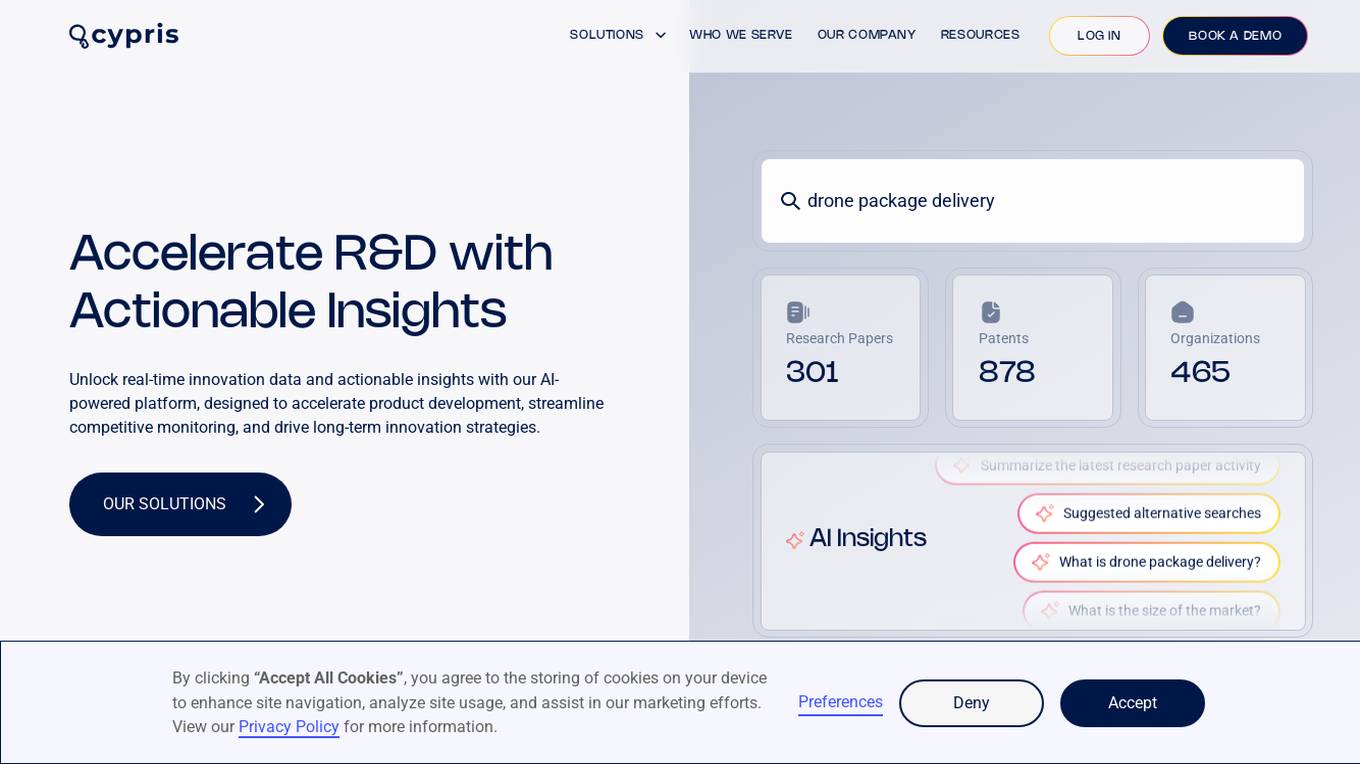
Cypris
Cypris is an AI-powered platform designed for Research & Development (R&D) and Intellectual Property (IP) professionals. It provides actionable innovation intelligence to accelerate product development, streamline competitive monitoring, and drive long-term innovation strategies. Cypris offers real-time insights from trusted innovation data sources, custom expert-driven research, and access to a vast innovation-focused database. The platform utilizes AI technology, semantic search, and predictive intelligence to deliver tailored insights on competitive intelligence, trend monitoring, and technology scouting.
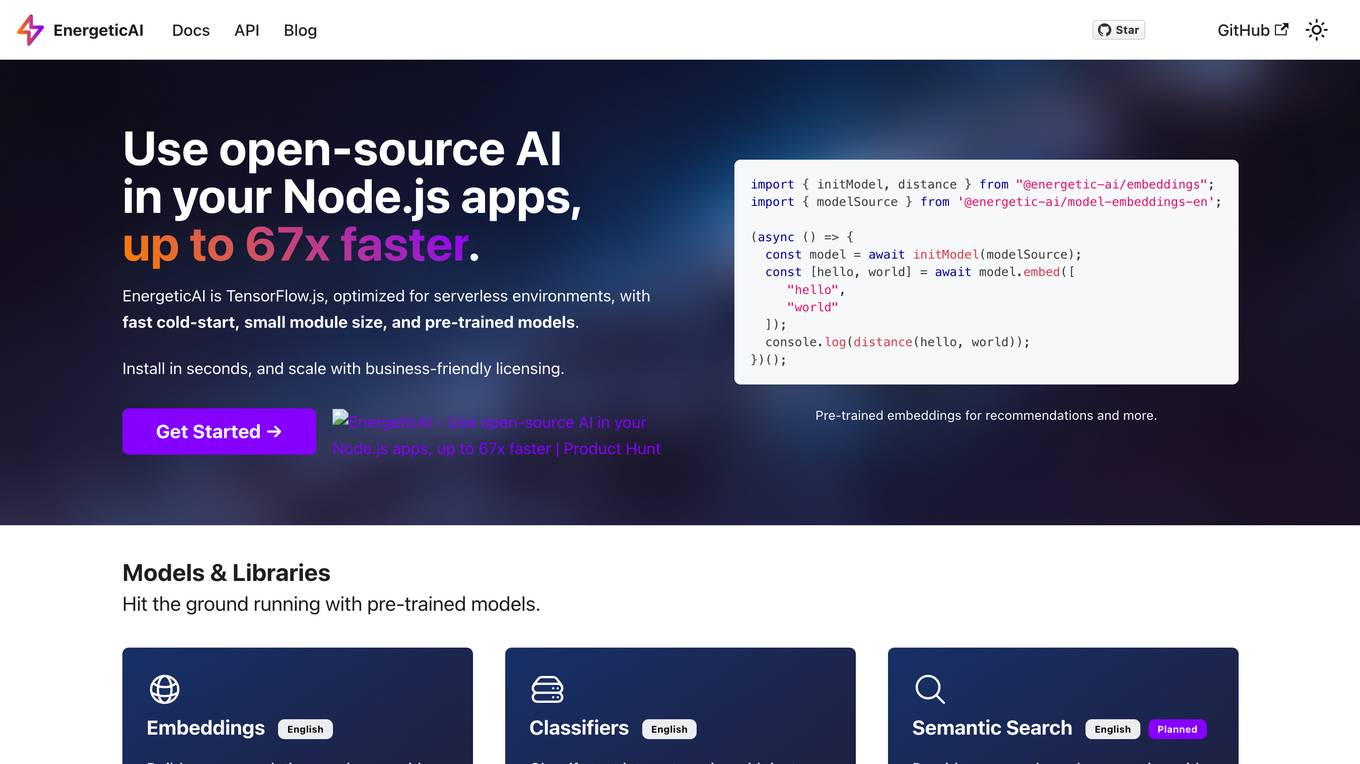
EnergeticAI
EnergeticAI is an open-source AI library that can be used in Node.js applications. It is optimized for serverless environments and provides fast cold-start, small module size, and pre-trained models. EnergeticAI can be used for a variety of tasks, including building recommendations, classifying text, and performing semantic search.
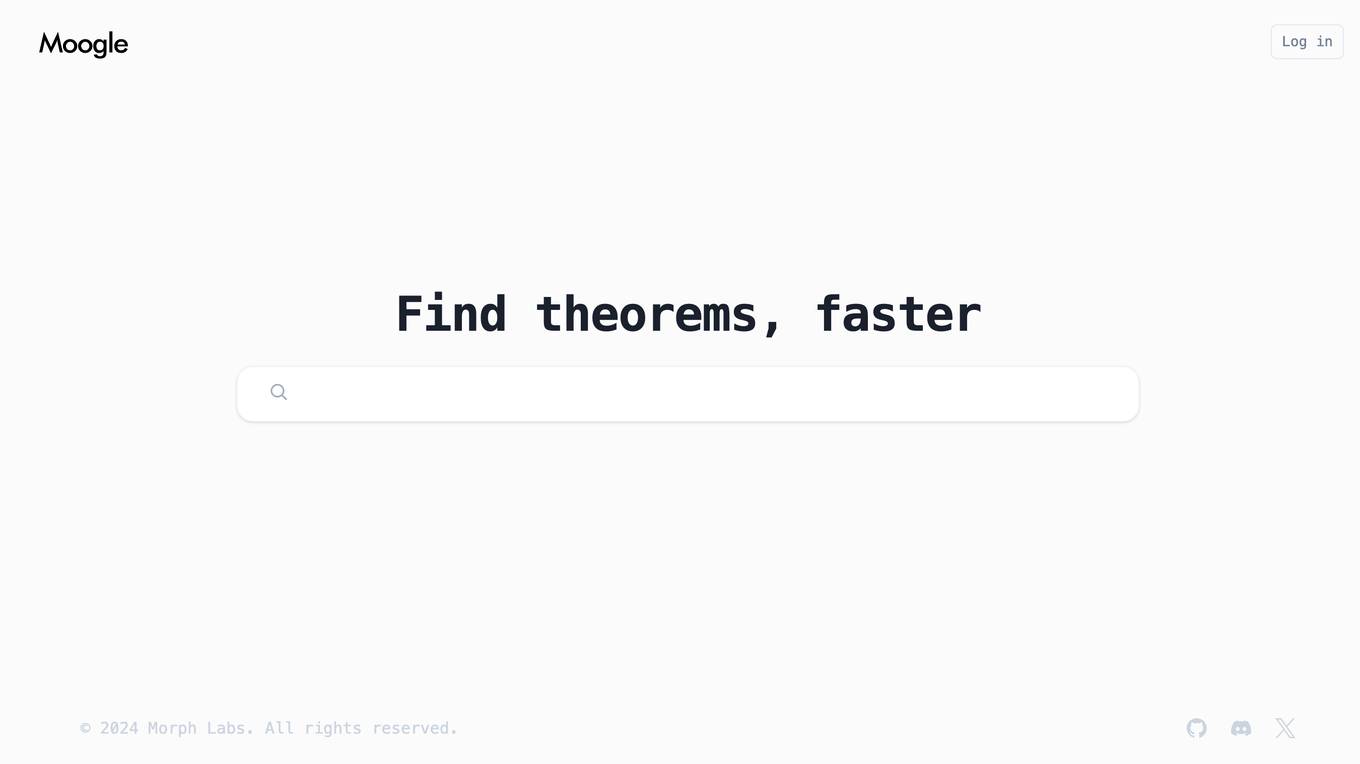
Moogle
Moogle is a semantic search tool designed to help users find theorems quickly and efficiently. It leverages advanced algorithms to search through the mathlib4 database, providing users with relevant results in a matter of seconds. Moogle simplifies the process of theorem discovery, making it an essential tool for mathematicians, researchers, and students alike.
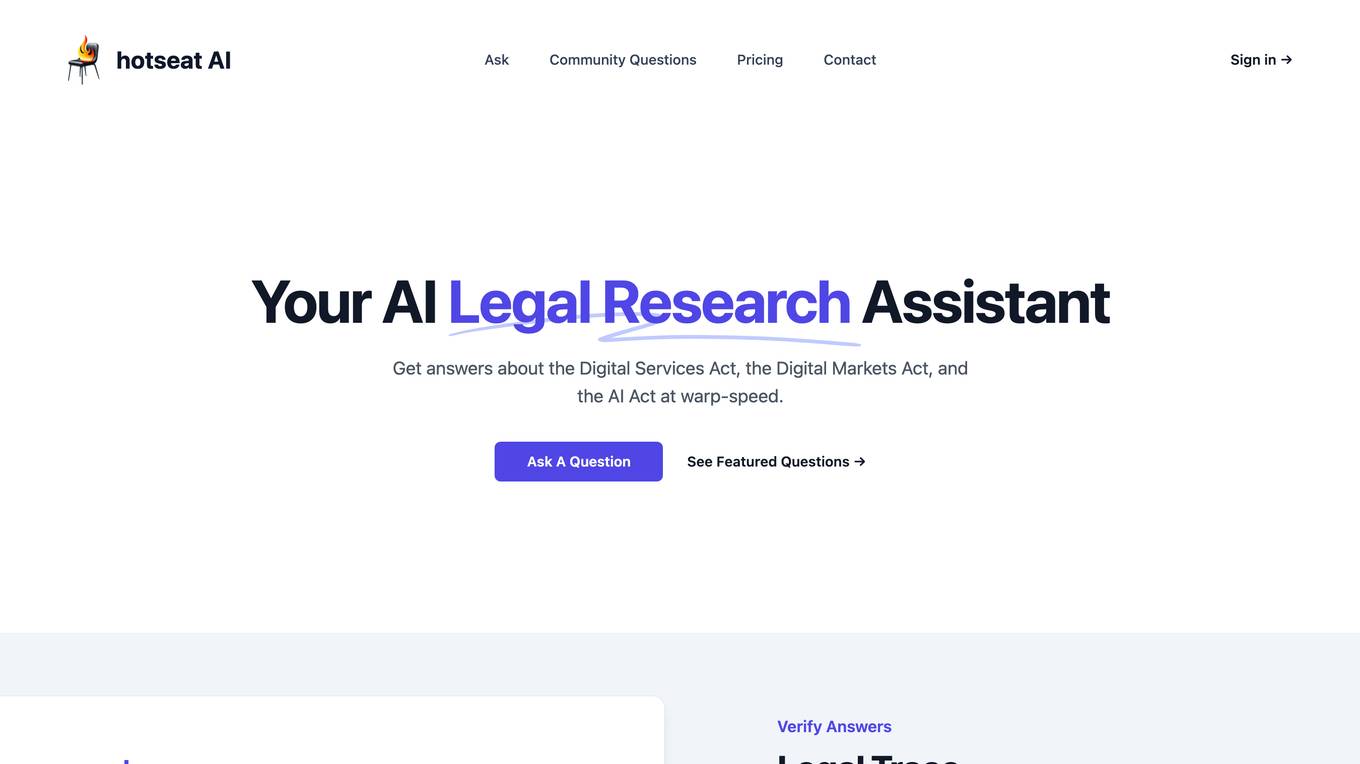
Hotseat AI
Hotseat AI is a legal research assistant that allows users to search through a collection of legal documents to find expert-level quotes matching their queries in seconds. It offers semantic search capabilities, metadata extraction, and the ability to search over public and private documents. The tool is currently in private beta with a focus on EU regulations related to tech, fintech, banking, and financial services.
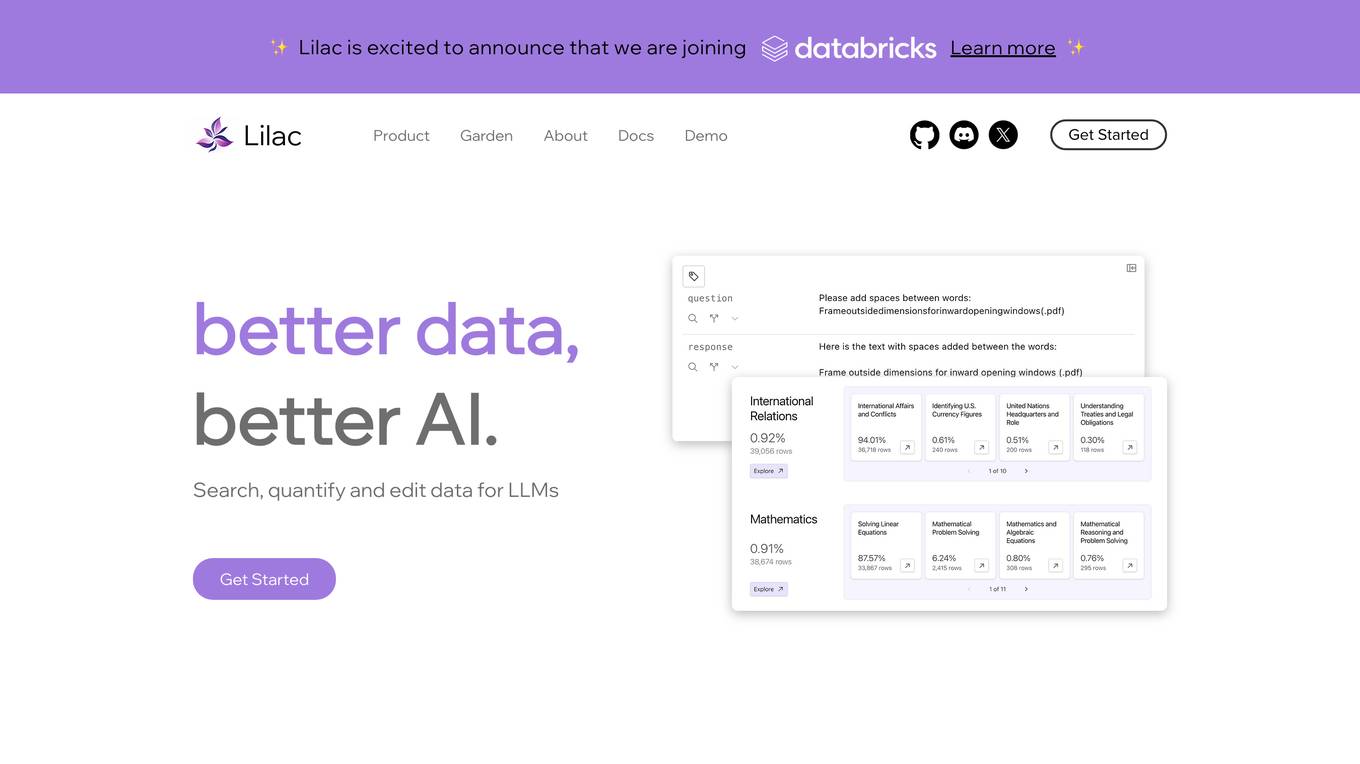
Lilac
Lilac is an AI tool designed to enhance data quality and exploration for AI applications. It offers features such as data search, quantification, editing, clustering, semantic search, field comparison, and fuzzy-concept search. Lilac enables users to accelerate dataset computations and transformations, making it a valuable asset for data scientists and AI practitioners. The tool is trusted by Alignment Lab and is recommended for working with LLM datasets.
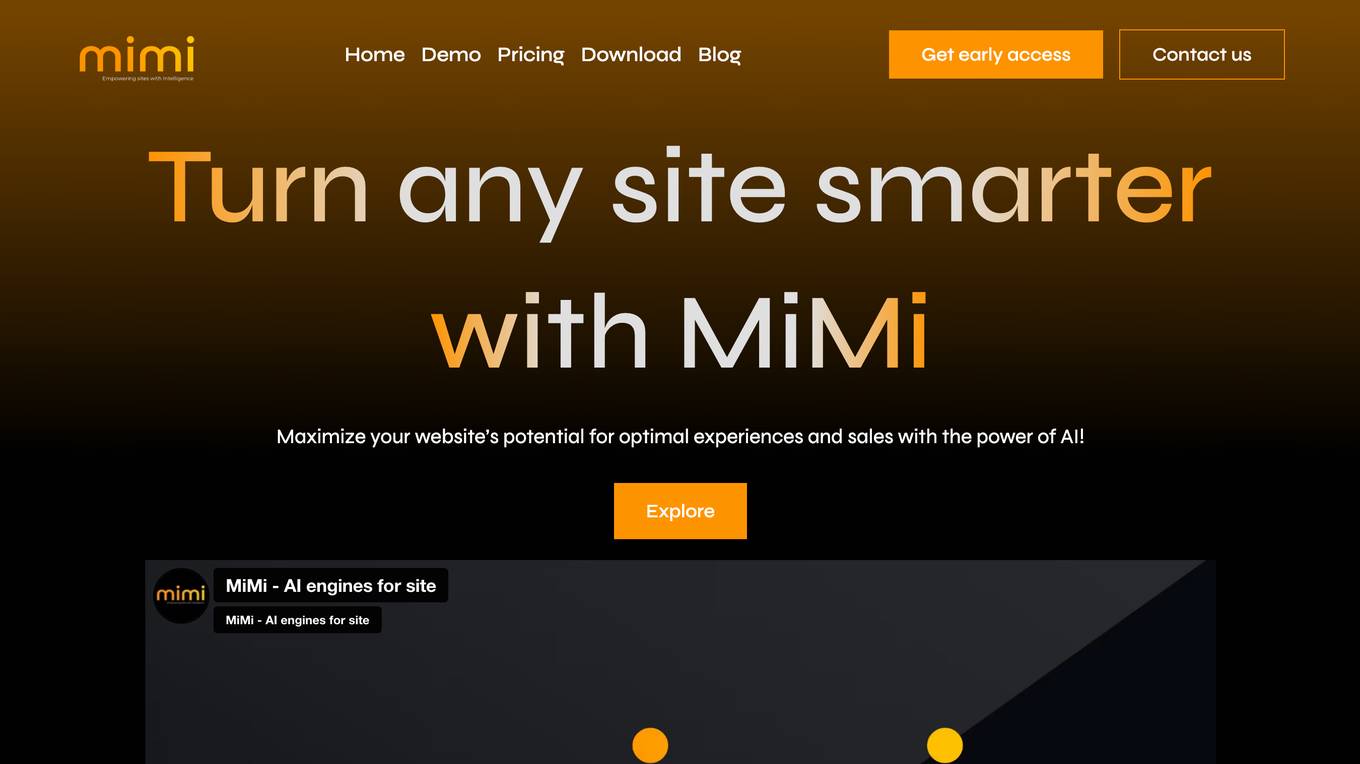
MiMi
MiMi is a website intelligence tool that uses AI to enhance the user experience and drive sales. It offers a range of features including semantic search, chatbot, recommendations, virtual assistant, dynamic pricing, and automation. MiMi's AI engine can automatically learn and update knowledge from your site to provide an AI chatbot that can answer questions from visitors automatically. The machine learning algorithms can also learn from your site products and visitor behavior to bring recommender systems for your site. MiMi's AI algorithm serves as a virtual sales assistant, assisting websites in making flexible and tailored pricing decisions for each customer based on their behavior.
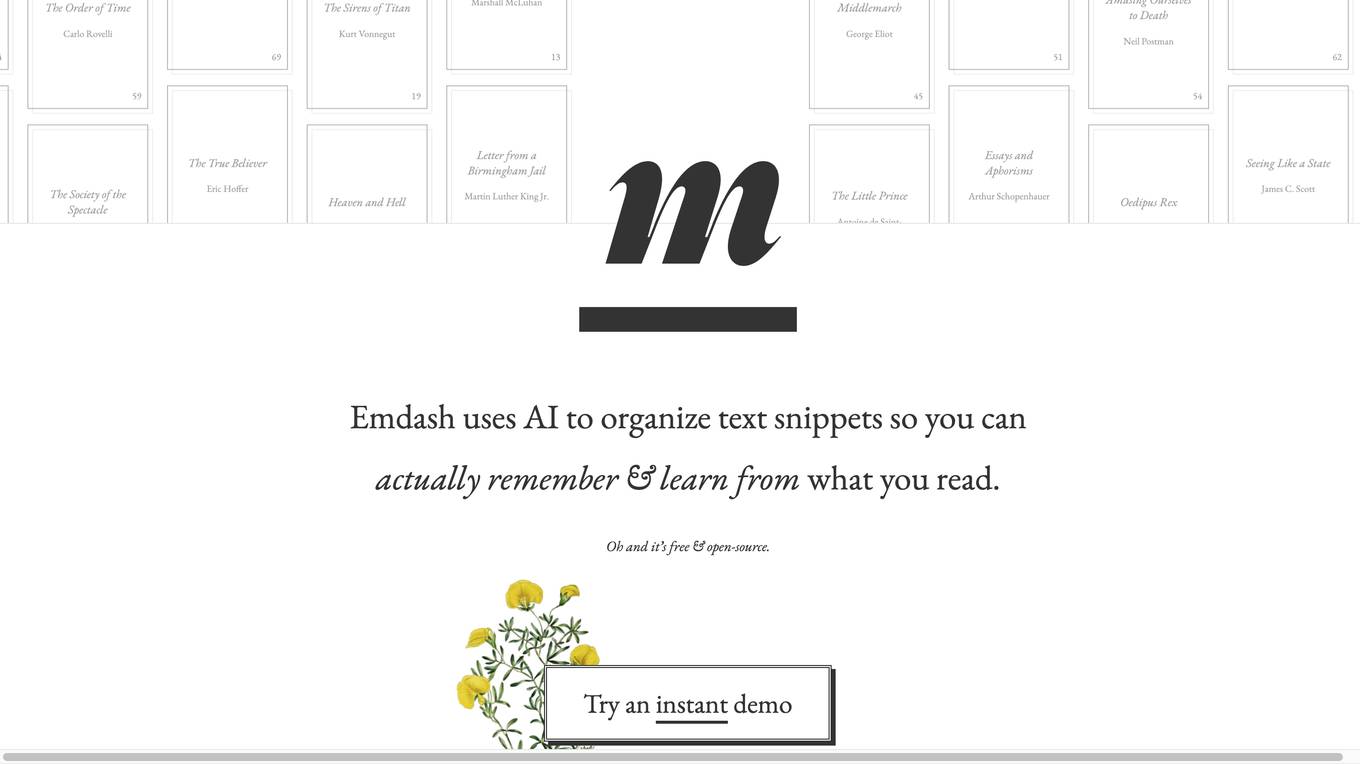
Emdash
Emdash is an AI-powered tool designed to help users organize their book highlights effectively. By utilizing AI technology, Emdash can analyze text snippets, making it easier for users to remember and learn from their readings. The tool offers features such as conceptual cousins, instant semantic search, tagging, rating, note-taking, and reflection capabilities. Emdash is free, open-source, and allows users to export their organized data back to epub format for review on e-readers. Additionally, the tool promotes random discovery of forgotten ideas, rephrasing dense concepts with metaphors, and supports importing highlights from various sources like Kindle. Emdash prioritizes user privacy by conducting on-device analysis and offers the flexibility to opt into advanced features. Future updates include Monk-Mode Lenses for summarizing complex ideas, Socratic switch for book interviews, cross-device syncing, backup, and publishing or sharing excerpts.

Messy Desk
Messy Desk is an AI-powered personal knowledge library application that facilitates social learning. It offers features such as Smart Preview for summarizing documents, Powerful Search with semantic capabilities, AI Explanations for complex topics, Interactive Chat for instant answers, and Community Discussion for sharing insights. Users can easily upload PDFs or URLs to build their library and engage in collaborative learning.
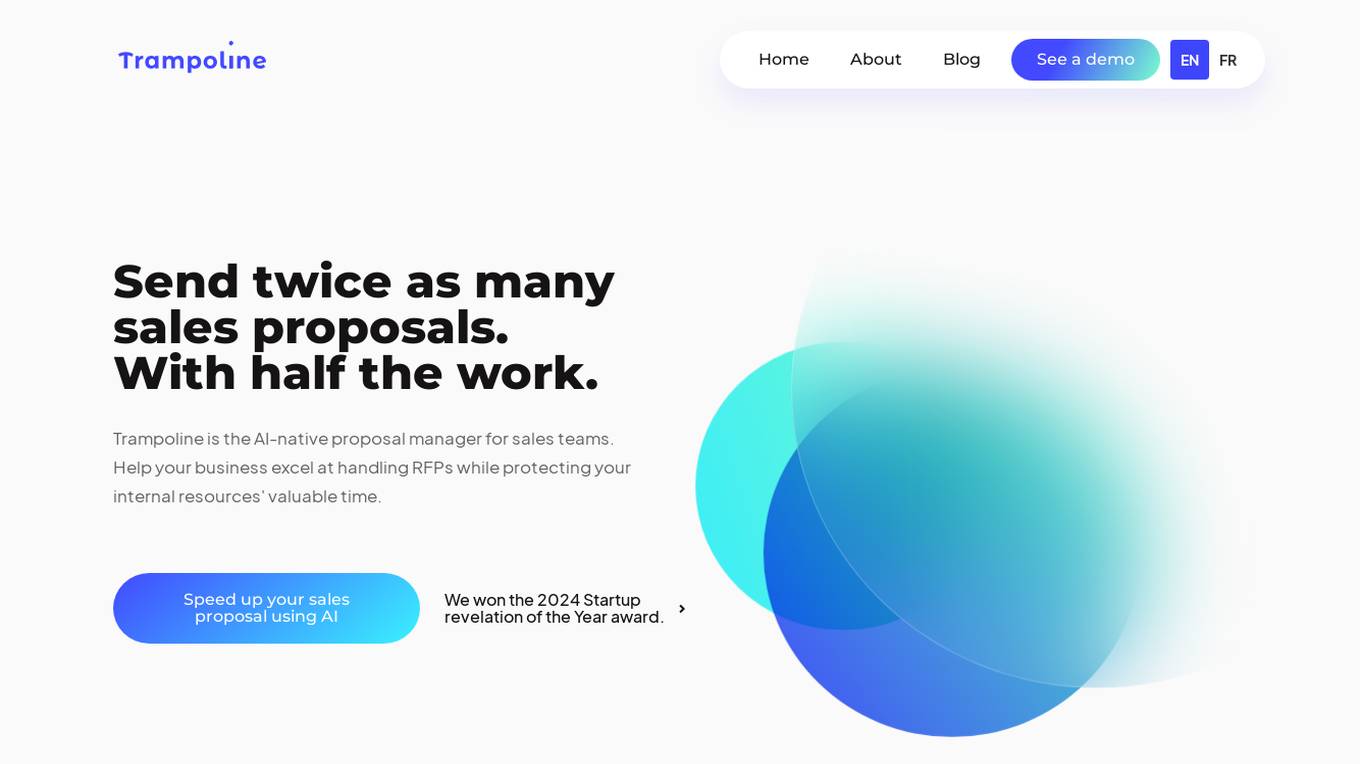
Trampoline
Trampoline is an AI-native proposal manager designed for sales teams to streamline the process of creating sales proposals. It leverages AI technology to help businesses excel at handling RFPs efficiently, saving valuable time and resources. Trampoline's innovative approach includes 'content upcycling' to quickly prepare necessary information, onboard new team members rapidly, and facilitate knowledge sharing within the organization. With features like semantic search, direct query forwarding, and expert contributions, Trampoline aims to revolutionize the way sales proposals are created and managed.
3 - Open Source AI Tools
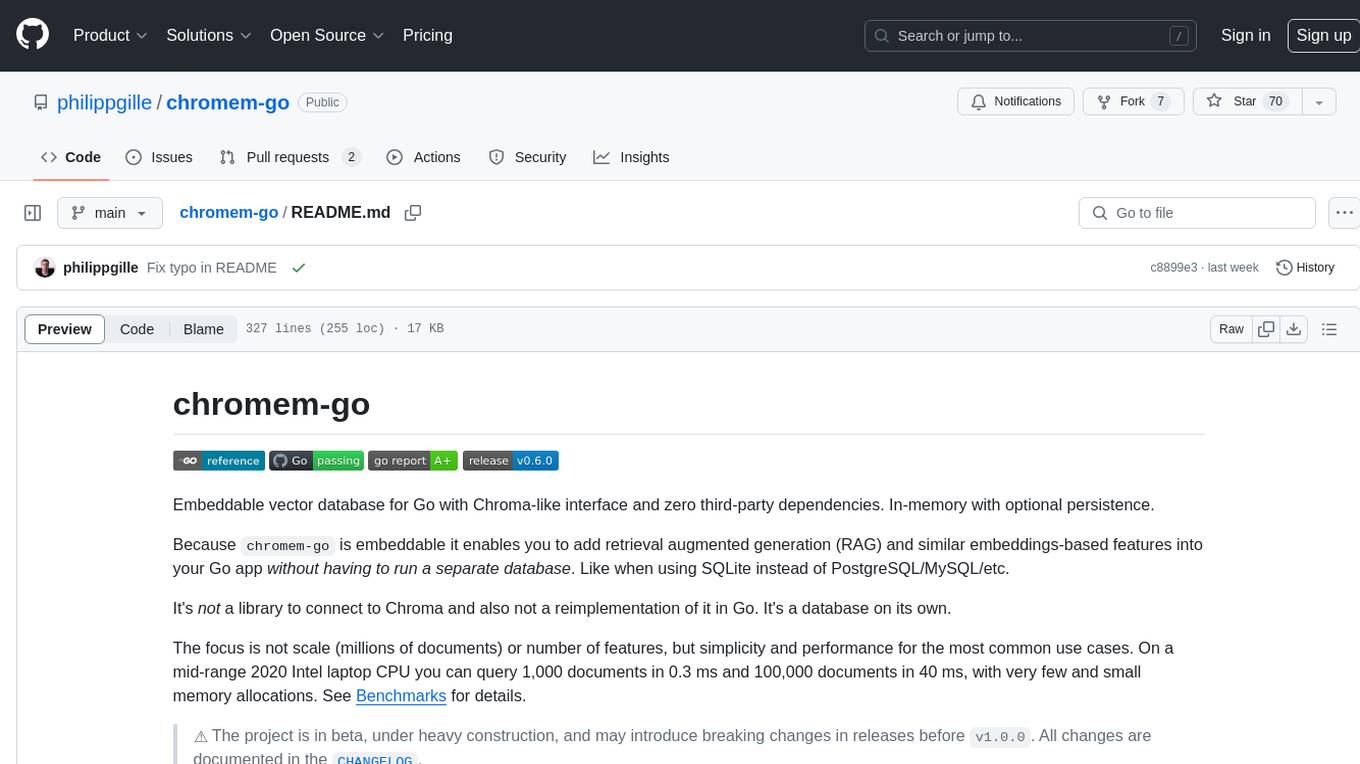
chromem-go
chromem-go is an embeddable vector database for Go with a Chroma-like interface and zero third-party dependencies. It enables retrieval augmented generation (RAG) and similar embeddings-based features in Go apps without the need for a separate database. The focus is on simplicity and performance for common use cases, allowing querying of documents with minimal memory allocations. The project is in beta and may introduce breaking changes before v1.0.0.
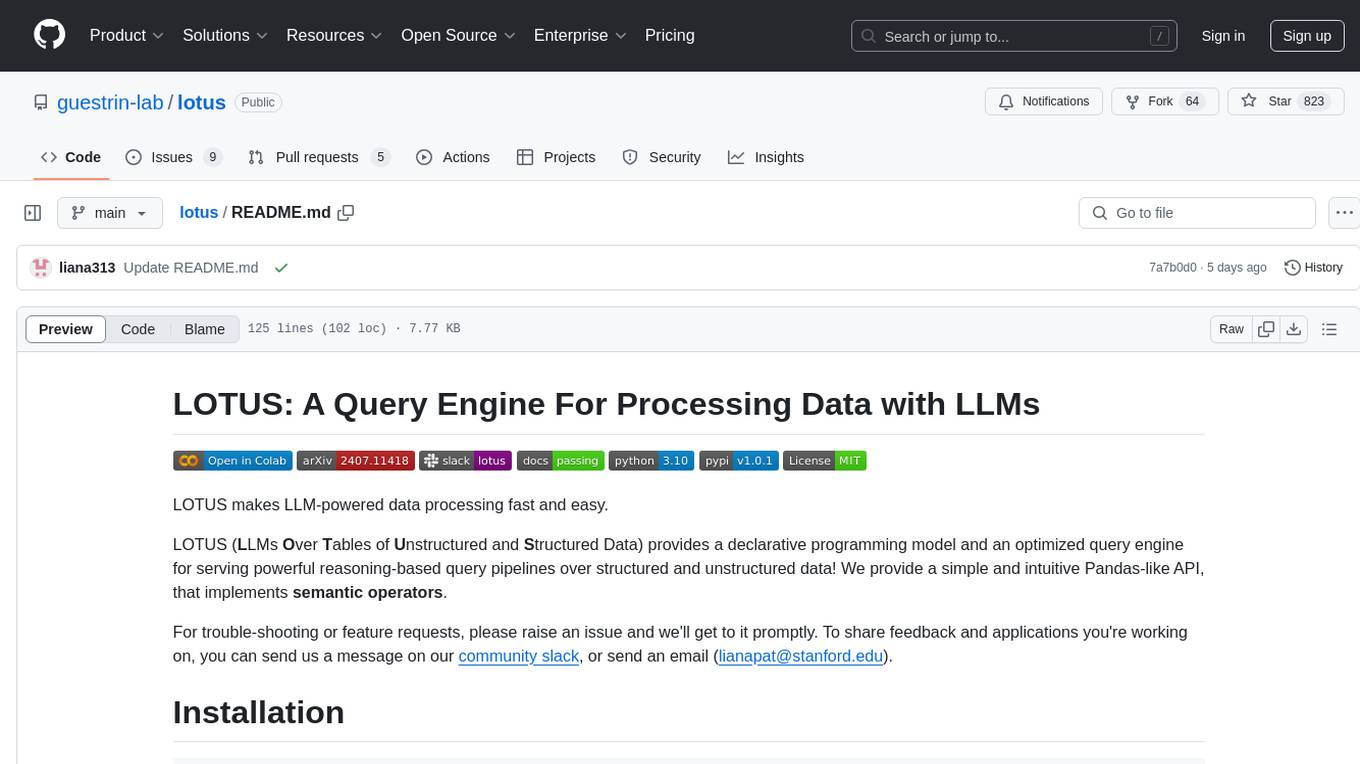
lotus
LOTUS (LLMs Over Tables of Unstructured and Structured Data) is a query engine that provides a declarative programming model and an optimized query engine for reasoning-based query pipelines over structured and unstructured data. It offers a simple and intuitive Pandas-like API with semantic operators for fast and easy LLM-powered data processing. The tool implements a semantic operator programming model, allowing users to write AI-based pipelines with high-level logic and leaving the rest of the work to the query engine. LOTUS supports various semantic operators like sem_map, sem_filter, sem_extract, sem_agg, sem_topk, sem_join, sem_sim_join, and sem_search, enabling users to perform tasks like mapping records, filtering data, aggregating records, and more. The tool also supports different model classes such as LM, RM, and Reranker for language modeling, retrieval, and reranking tasks respectively.
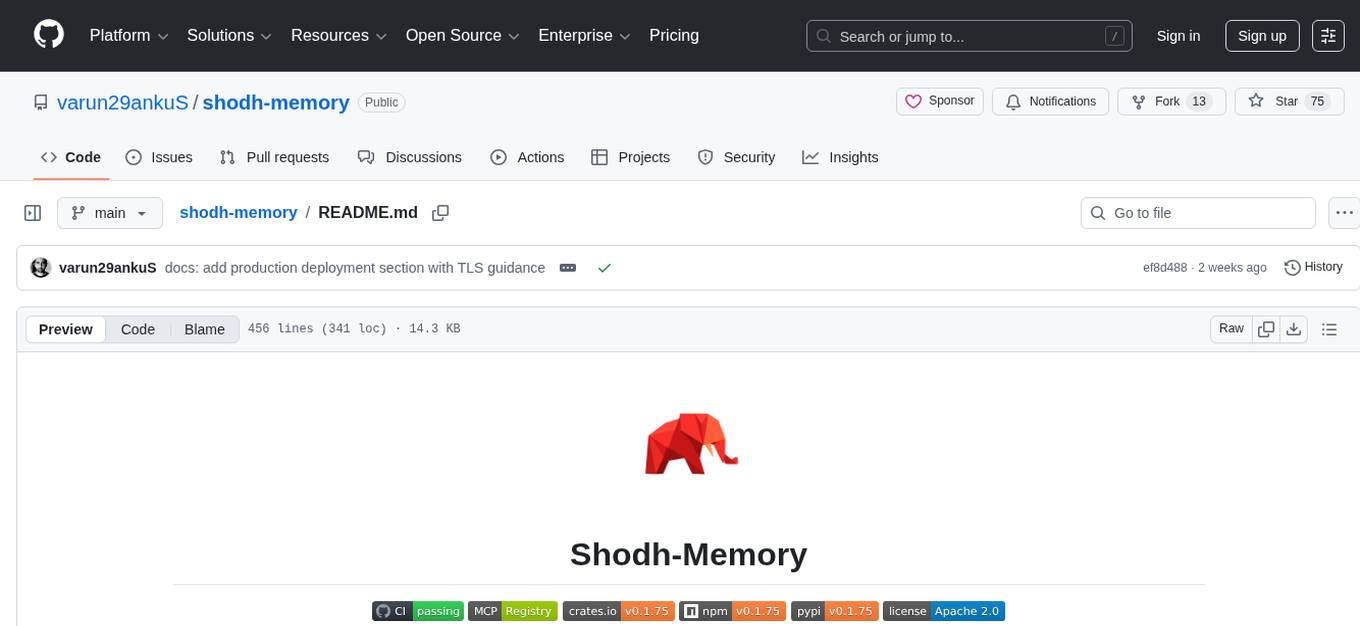
shodh-memory
Shodh-Memory is a cognitive memory system designed for AI agents to persist memory across sessions, learn from experience, and run entirely offline. It features Hebbian learning, activation decay, and semantic consolidation, packed into a single ~17MB binary. Users can deploy it on cloud, edge devices, or air-gapped systems to enhance the memory capabilities of AI agents.
11 - OpenAI Gpts

Schema Advisor - Amanda Jordan
Expert in schema.org, guiding precise use of 'additionalType'.
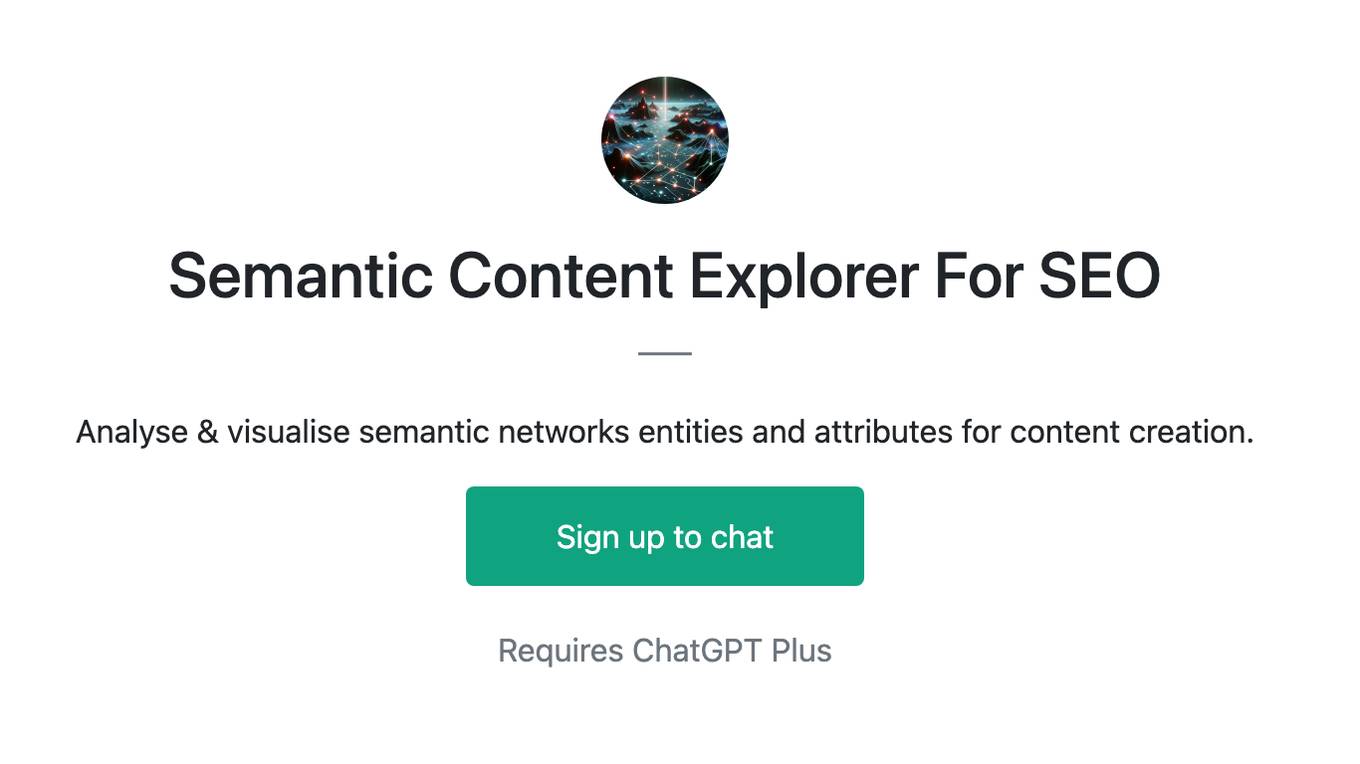
Semantic Content Explorer For SEO
Analyse & visualise semantic networks entities and attributes for content creation.
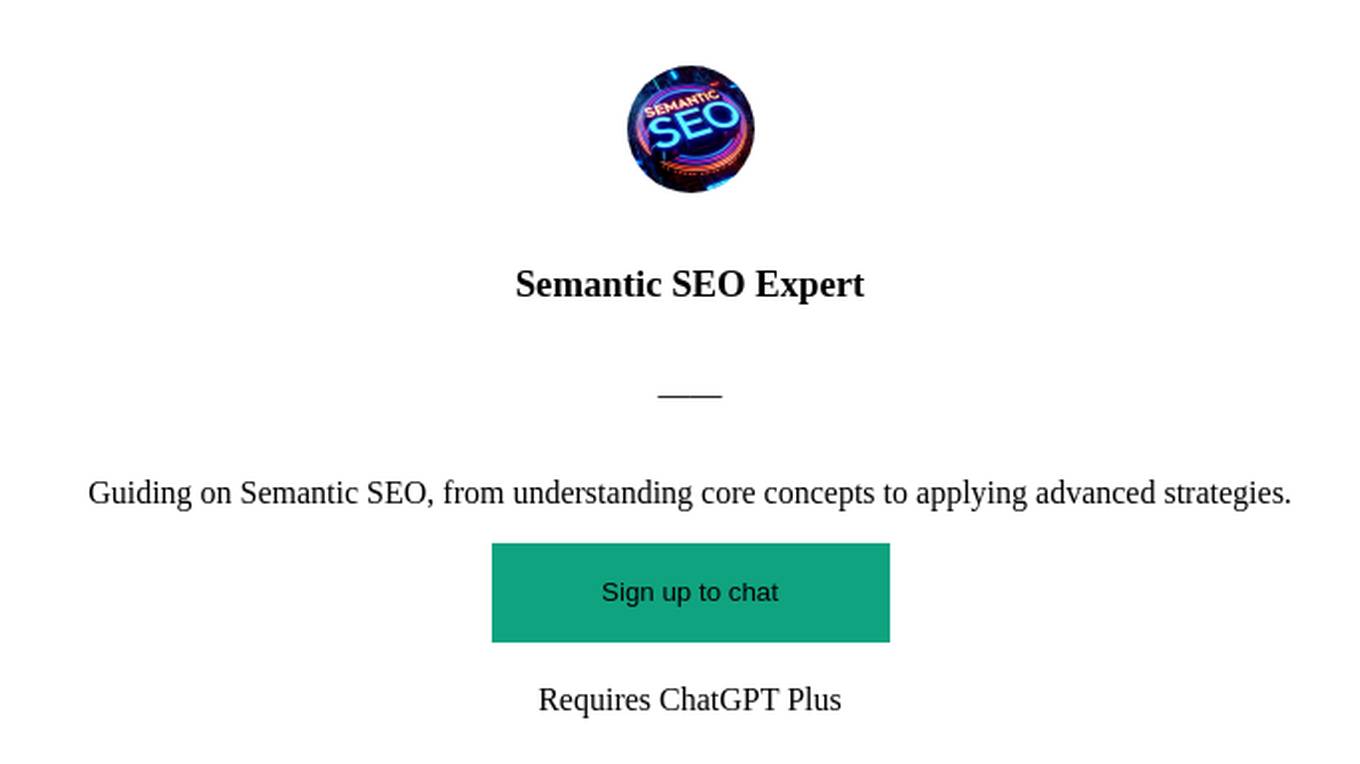
Semantic SEO Expert
Guiding on Semantic SEO, from understanding core concepts to applying advanced strategies.
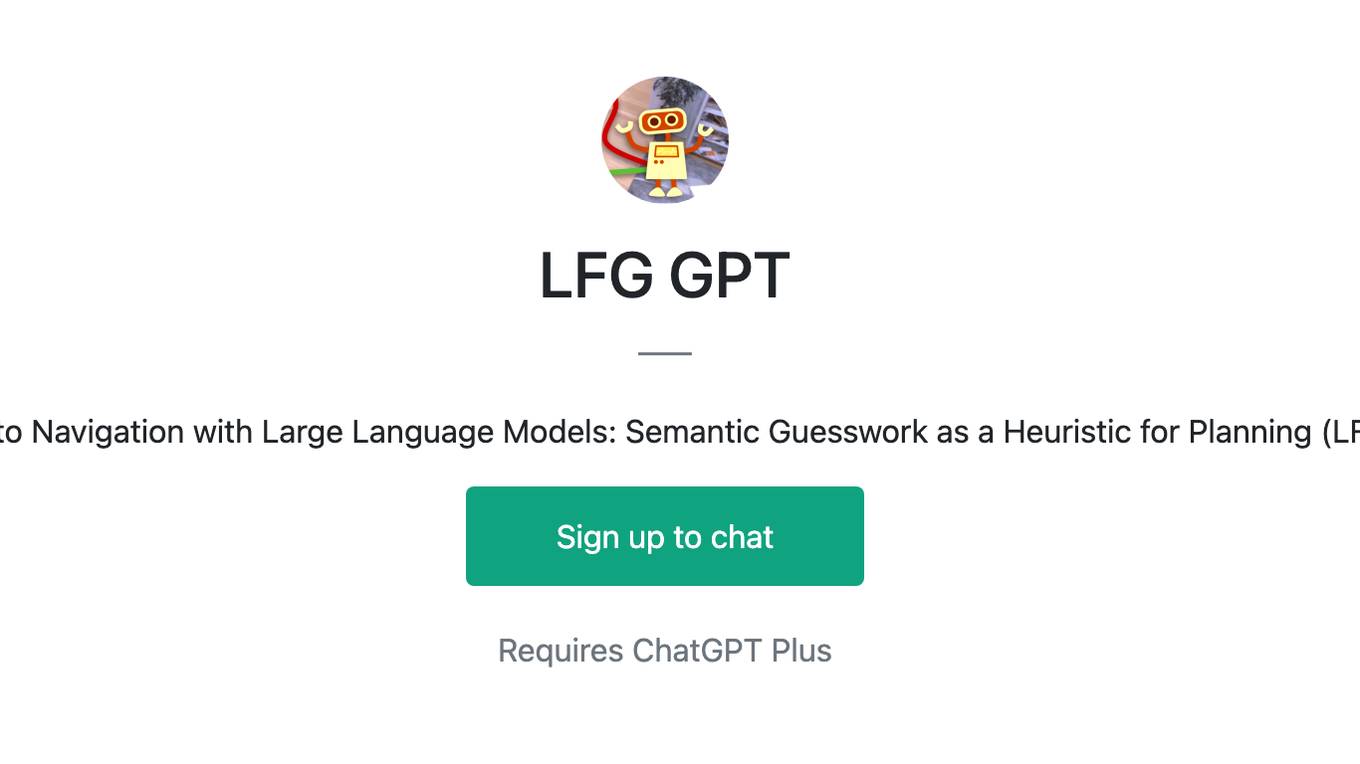
LFG GPT
Talk to Navigation with Large Language Models: Semantic Guesswork as a Heuristic for Planning (LFG)
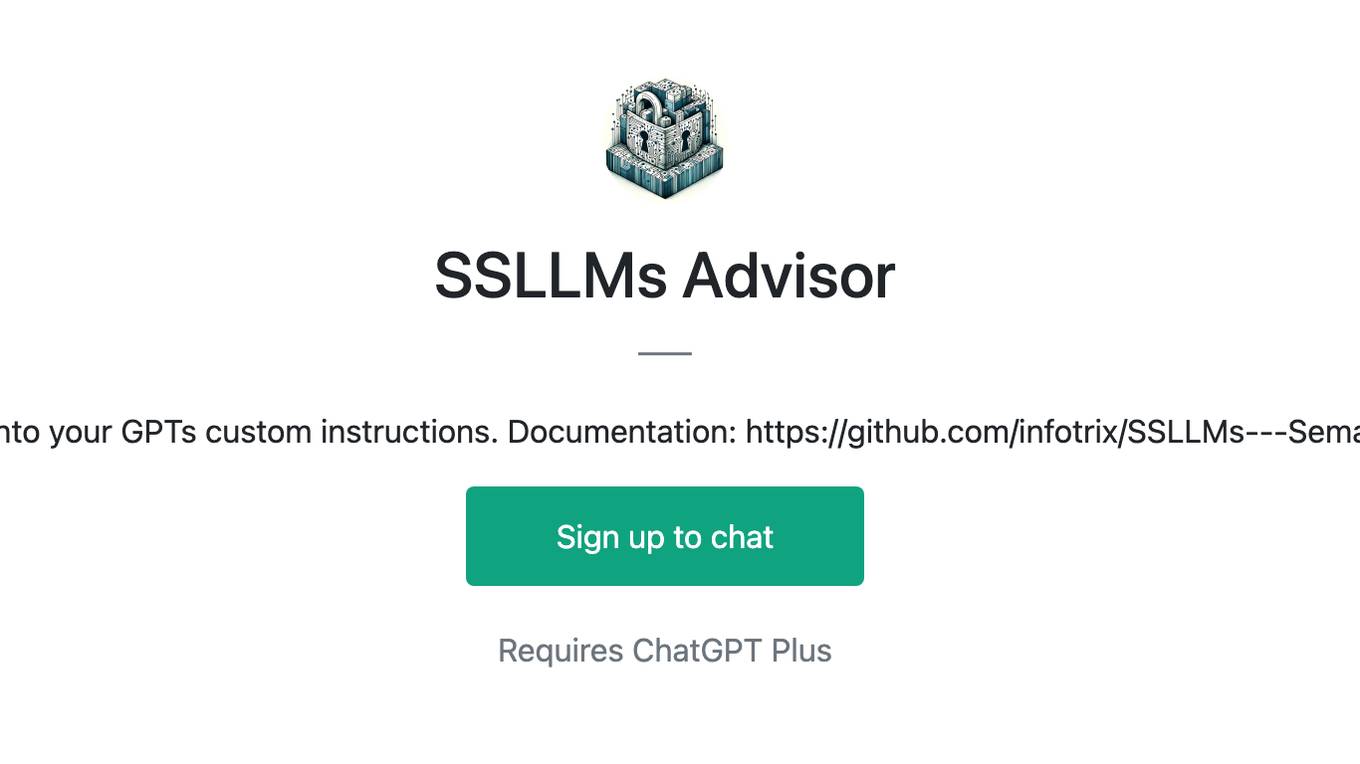
SSLLMs Advisor
Helps you build logic security into your GPTs custom instructions. Documentation: https://github.com/infotrix/SSLLMs---Semantic-Secuirty-for-LLM-GPTs
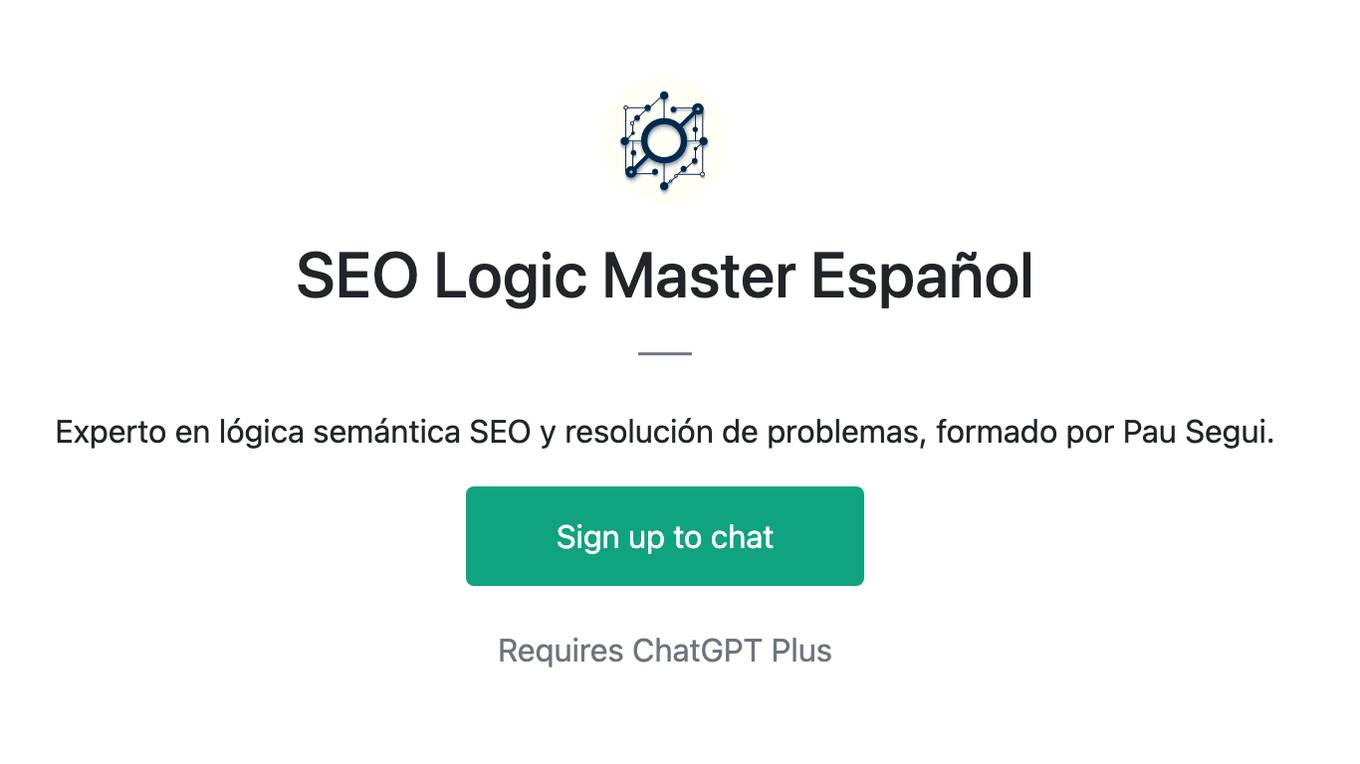
SEO Logic Master Español
Experto en lógica semántica SEO y resolución de problemas, formado por Pau Segui.
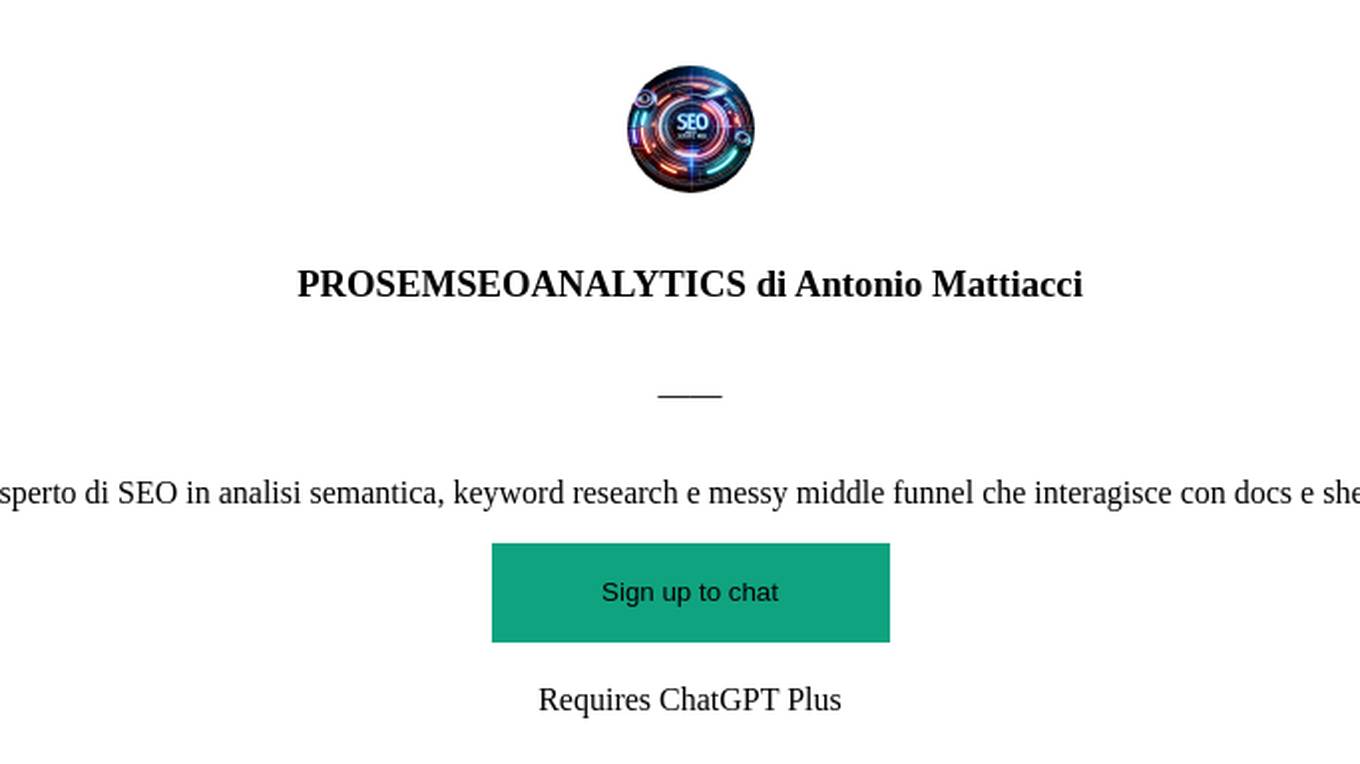
PROSEMSEOANALYTICS di Antonio Mattiacci
Esperto di SEO in analisi semantica, keyword research e messy middle funnel che interagisce con docs e sheets
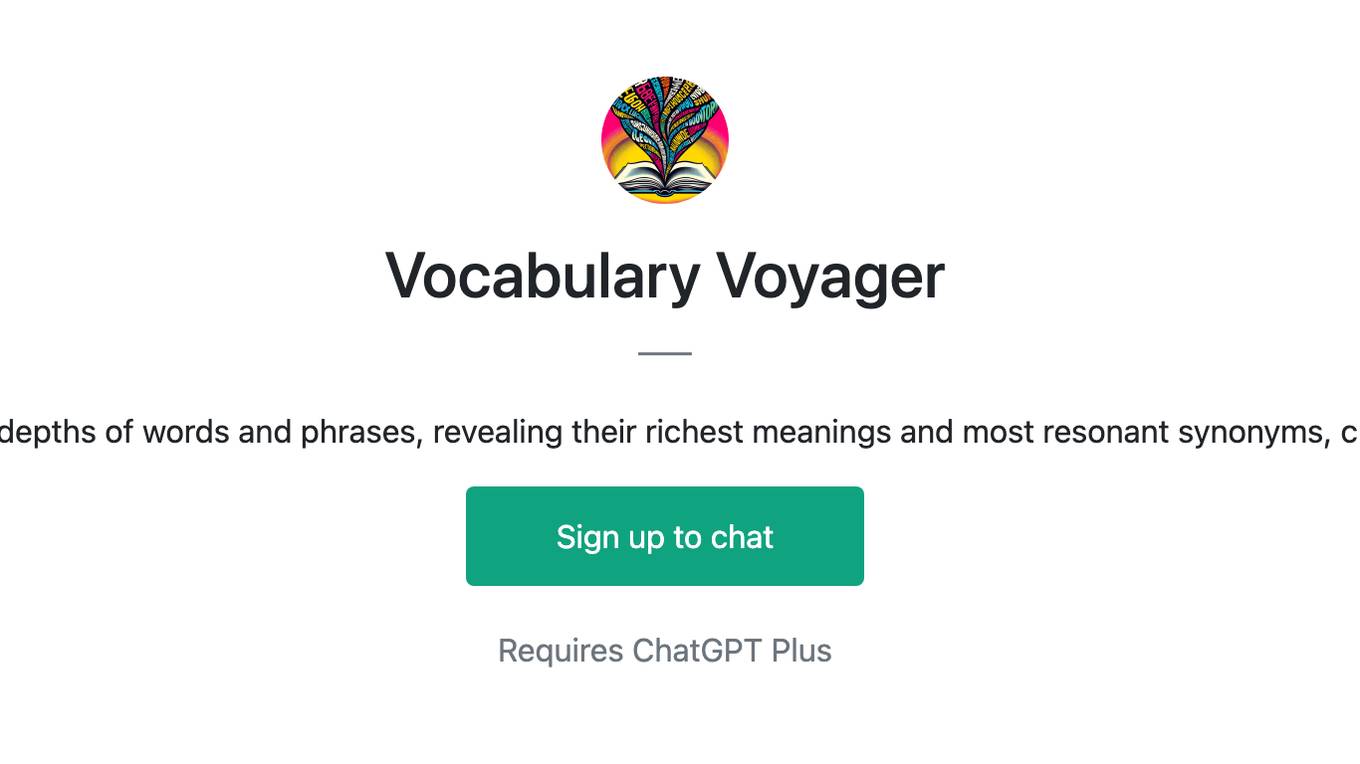
Vocabulary Voyager
A linguistic explorer that delves into the depths of words and phrases, revealing their richest meanings and most resonant synonyms, closely aligned with their original intent.
